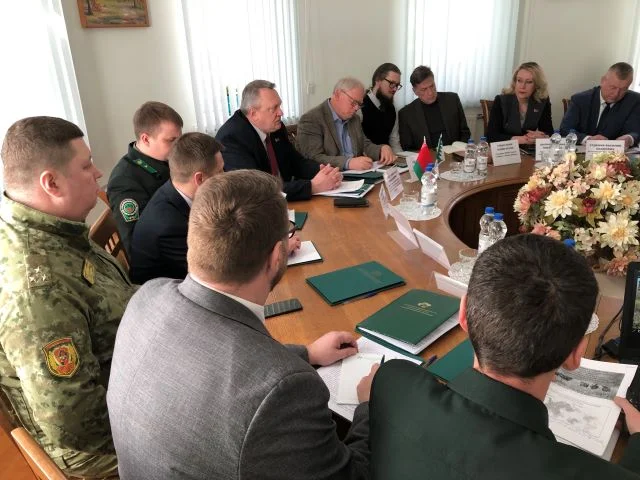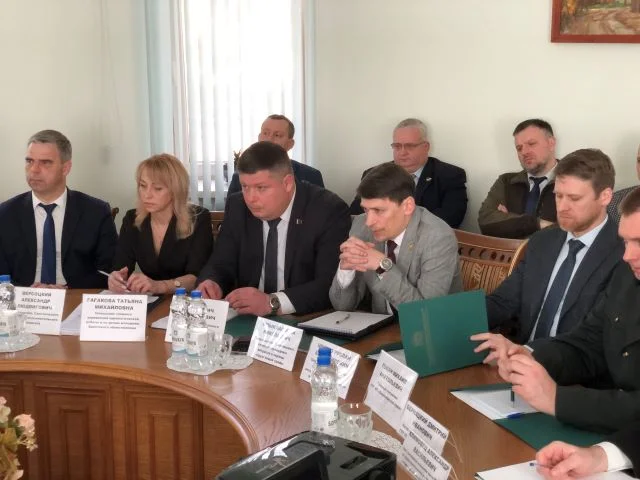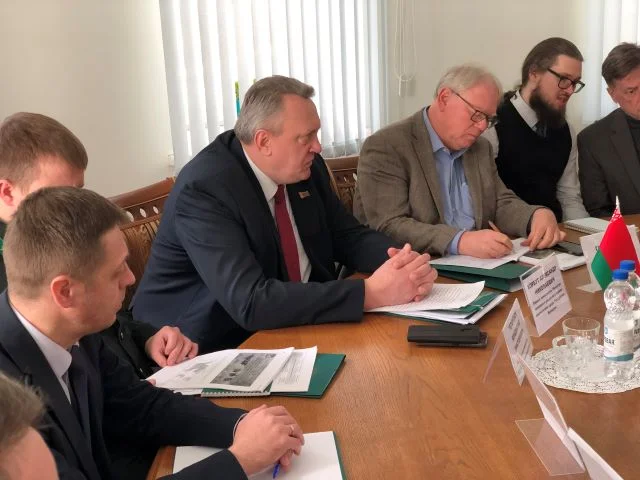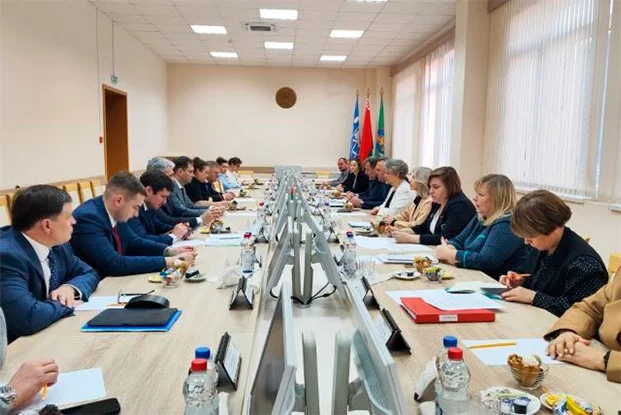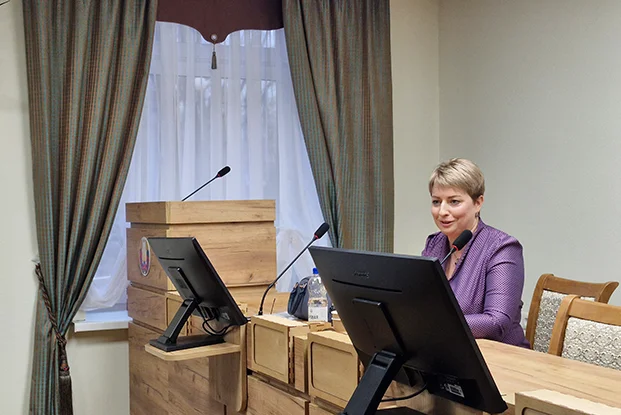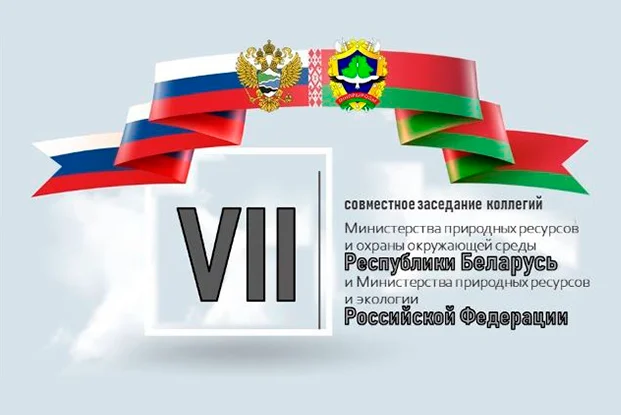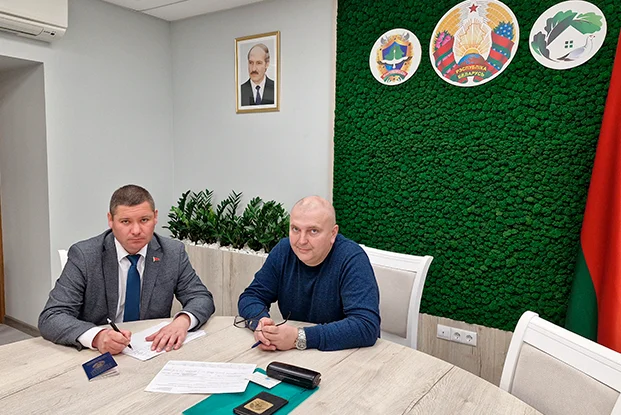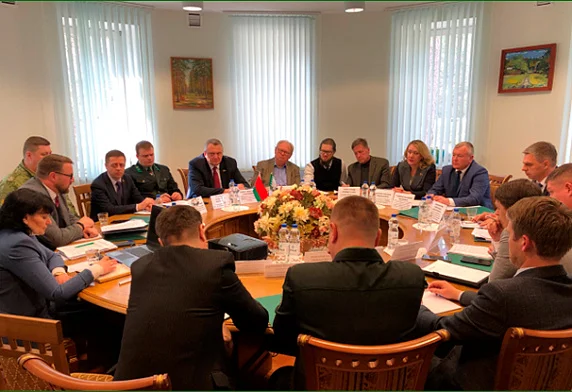
The discussion of the negative consequences of the construction of a Polish barrier structure on the territory of the transboundary UNESCO World Heritage site Belovezhskaya Pushcha continued today within the framework of the second round table.
Representatives of the Office of the President of the Republic of Belarus, the State Control Committee, the system of the Ministry of Natural Resources and Environmental Protection, the State Border Committee, the Brest and Grodno Regional Executive Committees, the State Public Institution “Belovezhskaya Pushcha National Park”, and the National Academy of Sciences of Belarus met with international UNESCO/IUCN experts.
Addressing the participants, First Deputy Minister of Natural Resources and Environmental Protection Alexander Korbut emphasized that for Belarusians, Belovezhskaya Pushcha is of colossal importance not only as a unique natural complex with relict forests, a wide variety of flora and fauna, but also as a historical heritage that must be preserved and passed on to future generations. “In this regard, it seems extremely important to prevent any interference in the processes that have taken place in the territory of the Pushcha over the centuries,” he added.
As soon as the first information appeared regarding the intention of the Polish side to build a barrier along the Belarusian-Polish state border and thereby “cut” the unified complex of Belovezhskaya Pushcha into pieces, the Belarusian side immediately began to take action to prevent harm to the ecosystems of the site.
The Ministry of Natural Resources and Environmental Protection of Belarus asked for assistance in resolving this important issue to many competent international organizations and bodies of multilateral environmental agreements. Unfortunately, only UNESCO, as an organization that truly conscientiously and absolutely impartially carries out its functions, realized the scale of the unfolding tragedy and decided to send a reactive monitoring mission.
During the round table, the participants exchanged opinions on the current situation, discussed in detail from a scientific point of view the issue of the negative impact of the Polish barrier on the ecosystems and natural complexes of the Belovezhskaya Pushcha.
After preparing a report on the reactive monitoring mission, international experts will provide it to the Belarusian side for review. The results of the mission will be considered during the 46th session of the UNESCO World Heritage Committee, which will be held from July 21 to 31 this year in Delhi, Republic of India.




